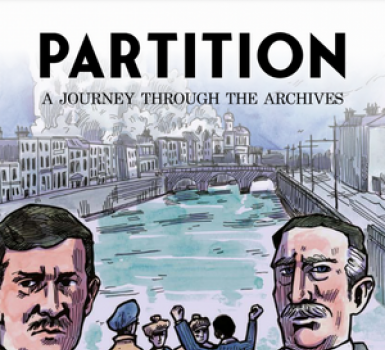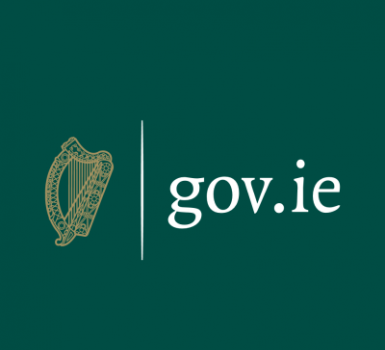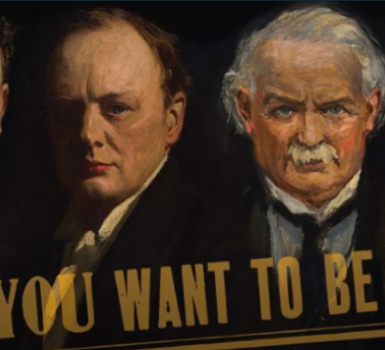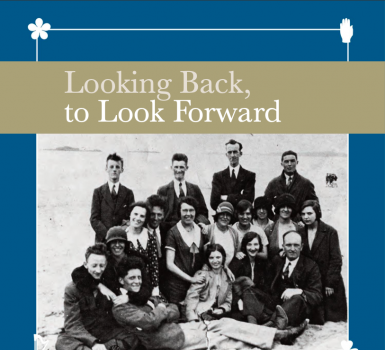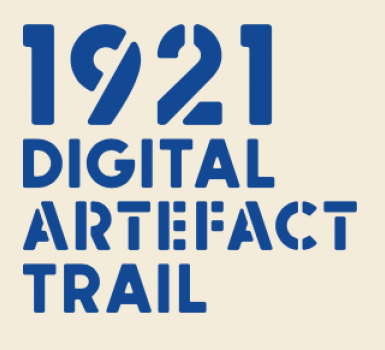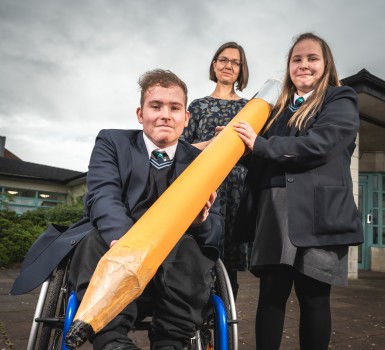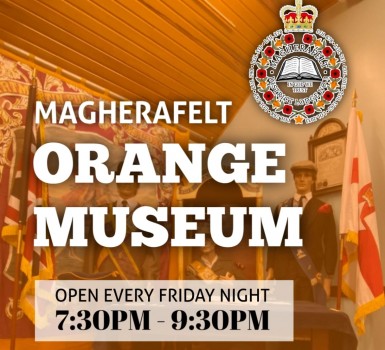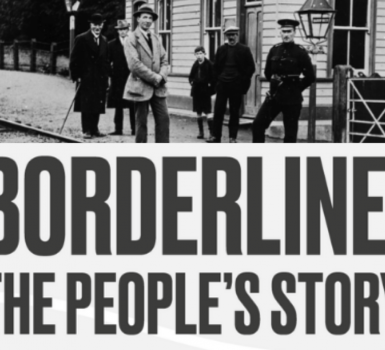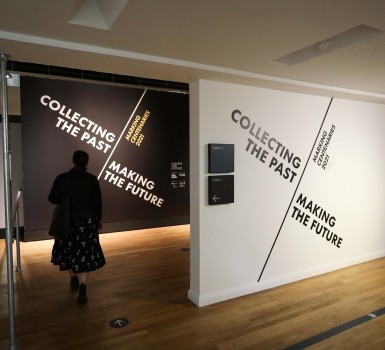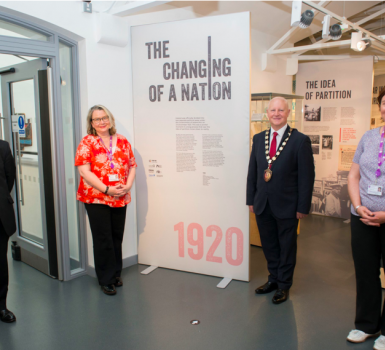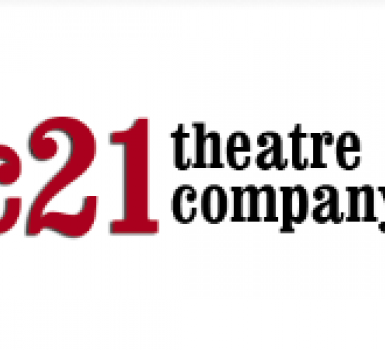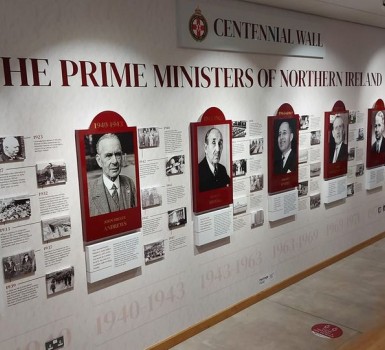European History Conference Travels to Northern Ireland
16 March 2016
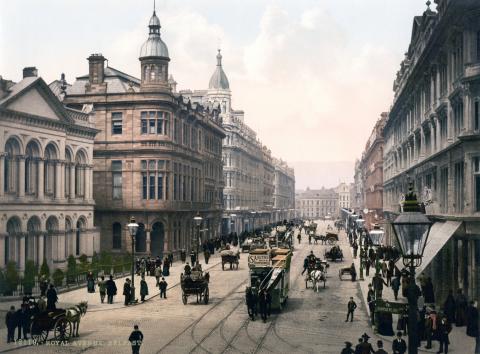
EUROCLIO - the European Association of History Educators will hold its 23rd Annual Conference in Belfast on 19-24 March, focusing on the anniversaries of 2016, in Northern Ireland and beyond, to explore how history, citizenship and heritage education plays a role in remembering and interpreting them.
Titled ‘Reimagining Remembrance: Dealing with the Legacies of a Violent Past in History and Heritage Education’, the week-long conference brings together over 180 historians, history teachers, museum educators, researchers, policy makers and civil society activists from 30 countries. The conference features panels, workshops, on-site visits and many networking and exchanges sessions including on history education in divided societies; what history emerges from a decade of centenaries and the role of civil society to deal with the legacies of a violent past.
The conference will come to Belfast as a result of a successful bid by a group of history educators from Northern Ireland. Organising and supporting groups include the Belfast City Council, Community Relations Council, Corrymeela, Council of Europe, European Union Europe for Citizens Programme, Open Society Foundations, Queen’s University Belfast, Nerve Centre and Ulster University.
Two key elements of the week-long programme include:
Reflecting Remembrance - What history emerges from a decade of centenaries?
On 20 March, at the Ulster Museum/National Museums of Northern Ireland, one panel of history professionals including Eamon Phoenix, Philip Orr and Alan McCully amongst others, will discuss the role of commemorations in sustaining tensions and explore the meaning of 1916 for history education today on a national and European levels.
The second panel including heritage educators, civil society organisers and artists will discuss the challenge of bridging gaps of what is to be remembered and how they - outside of the academia and formal education systems - help to build these bridges.
History education in divided societies amidst memories and legacies of conflict.
On 21 March, Tony Gallagher and 4 history teachers, will present the impact that the different education systems have on how history is learned, followed by a statements by Minister of Education John O’Dowd.
A panel with history educators from Bosnia-Herzegovina, Croatia, Lebanon and South Korea will look into the role of the international community to develop history as a means for peace and understanding in conflict areas and divided societies by sharing experiences from the field and the international work done by the Council of Europe and EUROCLIO.
Over 20 international workshops and networking and exchange sessions on topics including education and remembrance partnerships and innovations and pedagogical approaches to dealing with the past are organised.
The programme also includes on-site tours and schools visits in Belfast as well as visits to Corrymeela and the Nerve Centre.
For more information, contact Aysel Gojayeva on +31614613595 or email aysel@euroclio.eu



